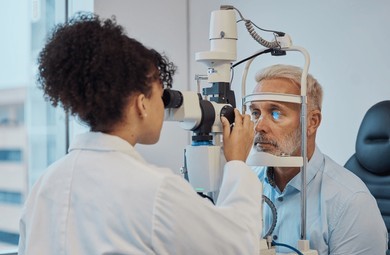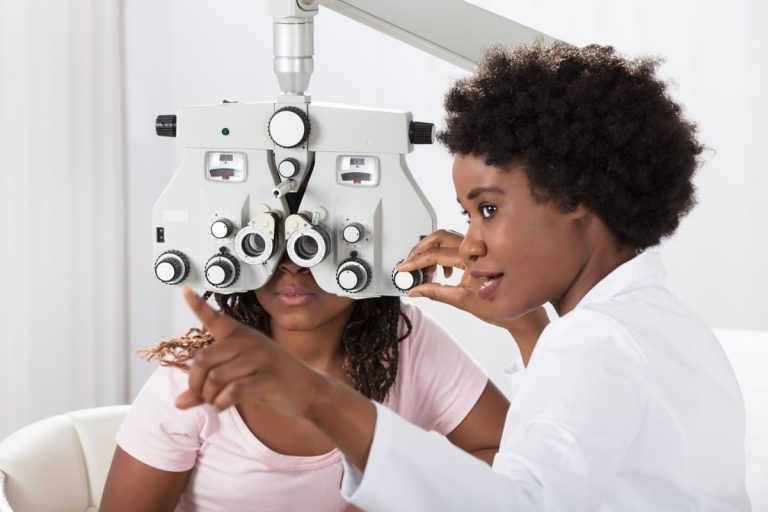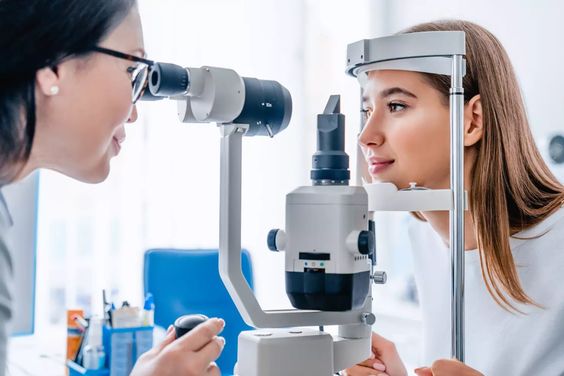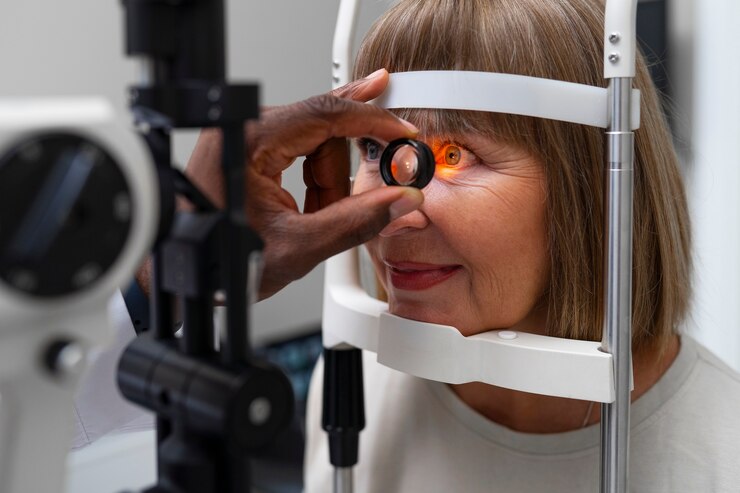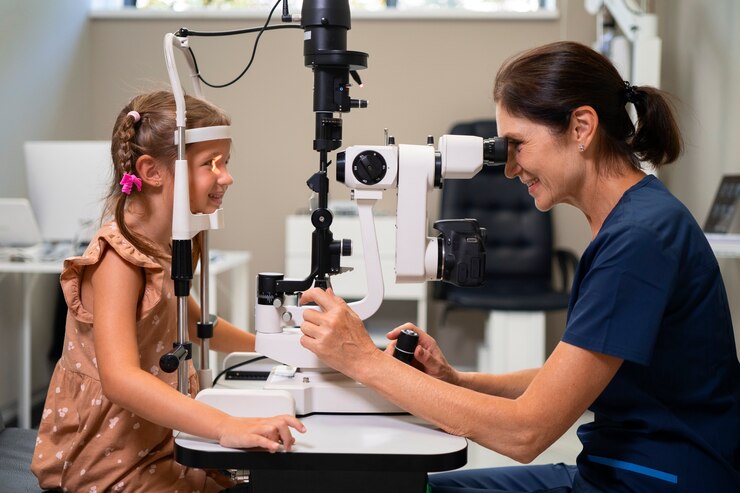The Importance Of Vision Testing For Maintaining Eye Health
One of our most valuable senses is vision, which enables us to move precisely and clearly around the environment. Yet, despite its significance, many individuals often overlook the importance of regular vision testing as part of their overall healthcare routine. In this article, we delve into the critical role that vision testing plays in maintaining eye health, emphasizing the benefits of early detection, prevention, and treatment of various ocular conditions.
Understanding the Importance of Vision Testing
Vision testing encompasses a range of evaluations designed to assess the clarity, sharpness, and overall health of our eyes. From basic visual acuity tests to comprehensive eye examinations performed by optometrists or ophthalmologists, these assessments provide valuable insights into the functioning of our visual system and can detect abnormalities or conditions that may compromise our vision.
Early Detection of Refractive Errors
Refractive errors, such as myopia (nearsightedness), hyperopia (farsightedness), astigmatism, and presbyopia (age-related difficulty focusing), are common vision problems that affect millions of people worldwide. Regular vision testing allows for the early detection of these refractive errors, enabling timely intervention through prescription eyeglasses, contact lenses, or refractive surgery to correct vision and improve quality of life.
Screening for Eye Diseases and Conditions
Vision testing also serves as a crucial tool for screening and diagnosing various eye diseases and conditions that can lead to vision loss if left untreated. These may include glaucoma, cataracts, macular degeneration, diabetic retinopathy, retinal detachment, and other retinal disorders. Early detection of these conditions through comprehensive eye examinations can facilitate prompt treatment and management, helping to preserve vision and prevent irreversible damage.
Monitoring Eye Health and Overall Well-Being
Regular vision testing is not only essential for detecting existing eye problems but also for monitoring overall eye health and detecting potential issues before they progress. Eye examinations can reveal systemic health conditions such as diabetes, hypertension, autoimmune disorders, and certain neurological diseases that may manifest with ocular symptoms or signs. By identifying these conditions early, individuals can seek appropriate medical care and adopt lifestyle modifications to mitigate their impact on vision and overall well-being.
Assessing Visual Function and Performance
Vision testing goes beyond simply measuring visual acuity; it also evaluates various aspects of visual function and performance, including depth perception, color vision, peripheral vision, eye coordination, and focusing ability. These assessments are particularly important for individuals engaged in visually demanding activities such as driving, sports, or occupations that require precise visual skills. Addressing any deficits or abnormalities detected during vision testing can enhance performance, safety, and productivity in these contexts.
Personalized Eye Care and Treatment Plans
Vision testing facilitates personalized eye care by identifying individualized visual needs, preferences, and concerns. Optometrists and ophthalmologists can tailor treatment plans and recommendations based on the results of comprehensive eye examinations, considering factors such as age, lifestyle, occupation, medical history, and family history of eye disease. This patient-centered approach ensures that individuals receive the most appropriate and effective interventions to optimize their visual health and quality of life.
Promoting Preventive Eye Care Practices
Regular vision testing plays a vital role in promoting preventive eye care practices and raising awareness about the importance of maintaining eye health throughout life. By emphasizing the significance of routine eye examinations, education, and proactive management of modifiable risk factors, such as smoking, ultraviolet (UV) exposure, poor nutrition, and inadequate eye protection, individuals can take proactive steps to safeguard their vision and prevent avoidable vision loss.
Access to Vision Care Services
Ensuring access to vision care services, including affordable and convenient vision testing, is essential for addressing disparities in eye health and promoting equity in healthcare delivery. Initiatives aimed at expanding access to vision screening programs, community-based eye care services, telemedicine consultations, and vision correction options can help bridge gaps in care and reach underserved populations, including children, older adults, individuals with disabilities, and those living in rural or resource-limited settings.
Conclusion
In conclusion, vision testing plays a pivotal role in maintaining eye health, enabling early detection, prevention, and treatment of a wide range of ocular conditions. By prioritizing regular eye examinations as part of their healthcare routine, individuals can preserve and protect their vision, enhance their quality of life, and reduce the burden of vision loss on society. Empowered with knowledge and awareness about the importance of vision testing, we can take proactive steps to prioritize our eye health and ensure a lifetime of clear, comfortable vision.
For any further queries, Plz visit drvivekgarg. in

